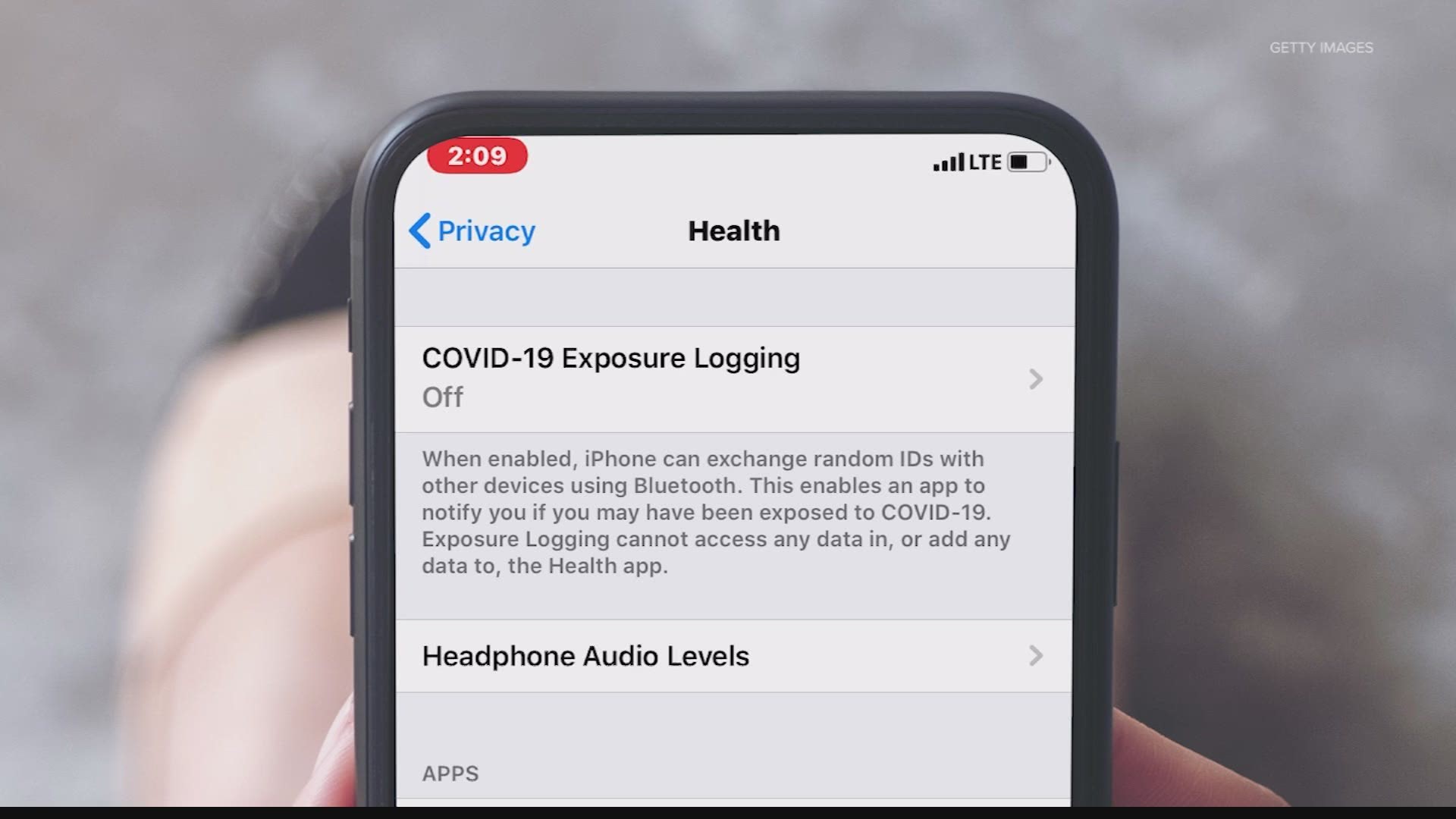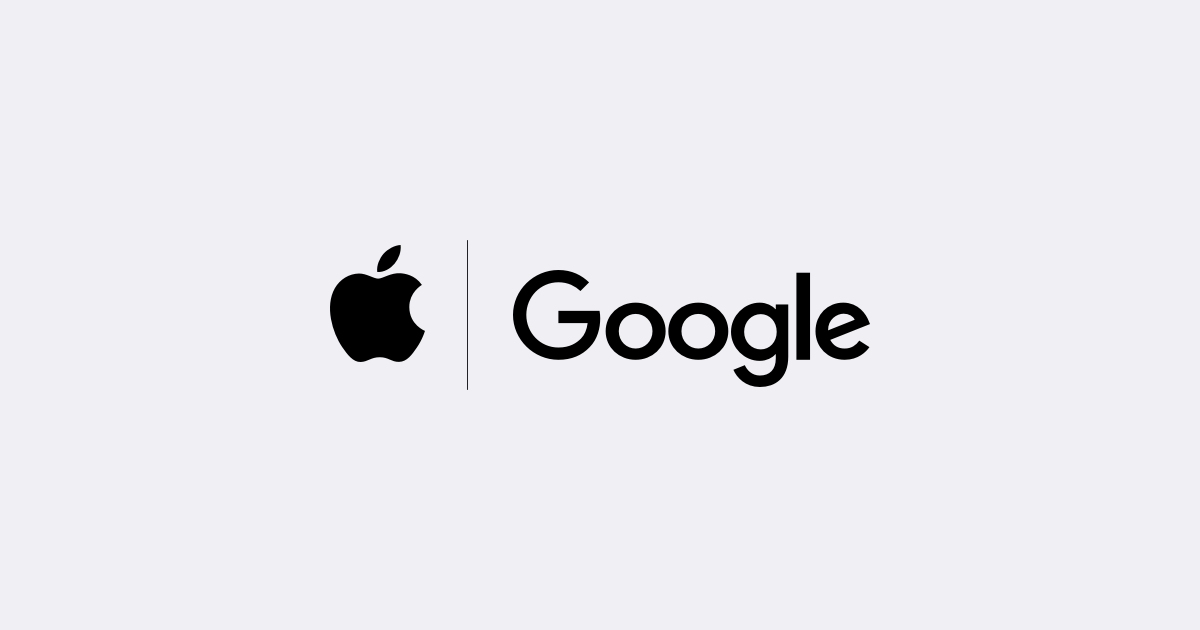INDIANAPOLIS — Tracking potential exposure to COVID-19 is getting more difficult as the state opens up and more people venture out.
But Apple and Google are trying to put contact tracing at your fingertips. The tech companies have developed a new smartphone notification system to help track COVID-19.
But what does it mean for your privacy?
13 Investigates examines the proposed system, what's required and steps to opt out.
Collecting exposure data
Strolling along the Monon Trail, taking in lunch at your favorite cafe or simply walking a city block to work could soon net critical data about potential exposures to COVID-19.
Google and Apple have developed an interface that would allow public health organizations to create their own apps for contact tracing.
The Exposure Notification System is already on your smartphone. The notification is found within the settings of a smartphone.
Users can turn on access to COVID-19 Exposure Logging by going to "privacy" under "settings" and then the "health" section. Or they can choose not to turn it on at all.
But it's important to note that the notification system only works if it's connected to an authorized health app.
If an app is enabled, it can exchange random identification numbers with other enabled smartphones using Bluetooth.
The random IDs an individual device collects would be stored in its log for 14 days.
If any of those numbers turned up a match from someone who had tested positive for COVID-19, a notification of possible exposure and a risk value would be sent out. The risk value is based on the proximity and duration of the exposure.
"Oh, wow," said Kelsey Esmundo in reaction to the potential information. "That's the question: Who has it and are you actually coming in contact with them."
But the idea of sharing her own personal health information raised concern.
"I saw the update on the iPhone, and I was like, 'OK, what am I exactly releasing out there to the world?' So I guess it's just more information I need on it before I would accept it," Esmundo explained.
Privacy concerns
In a combined statement about privacy concerns, Apple and Google said an individual's identify is not revealed and that strong privacy protections are the best way to encourage use.
The companies said, "The system does not collect or use location from the device," and that "If a person is diagnosed with COVID-19, it is up to them whether or not to report that in the public health app."
A user who decides to report a positive COVID-19 test result would get directions from their health organization on how to report the data to the app. And that user's random device keys would be shared with others as part of the notification system.
Users would also have the option to turn off and delete the app at any time.
Right now, the Indiana State Department of Health says it is not using any app for contact tracing. The state hired the company Maximus to create a call center with 500 employees to handle contact tracing across the state.
Participation is key to whether an exposure notification system on your smartphone will work.
Bottom line, it's up to the end user to decide to share or receive COVID-19 tracking information when apps become available.


